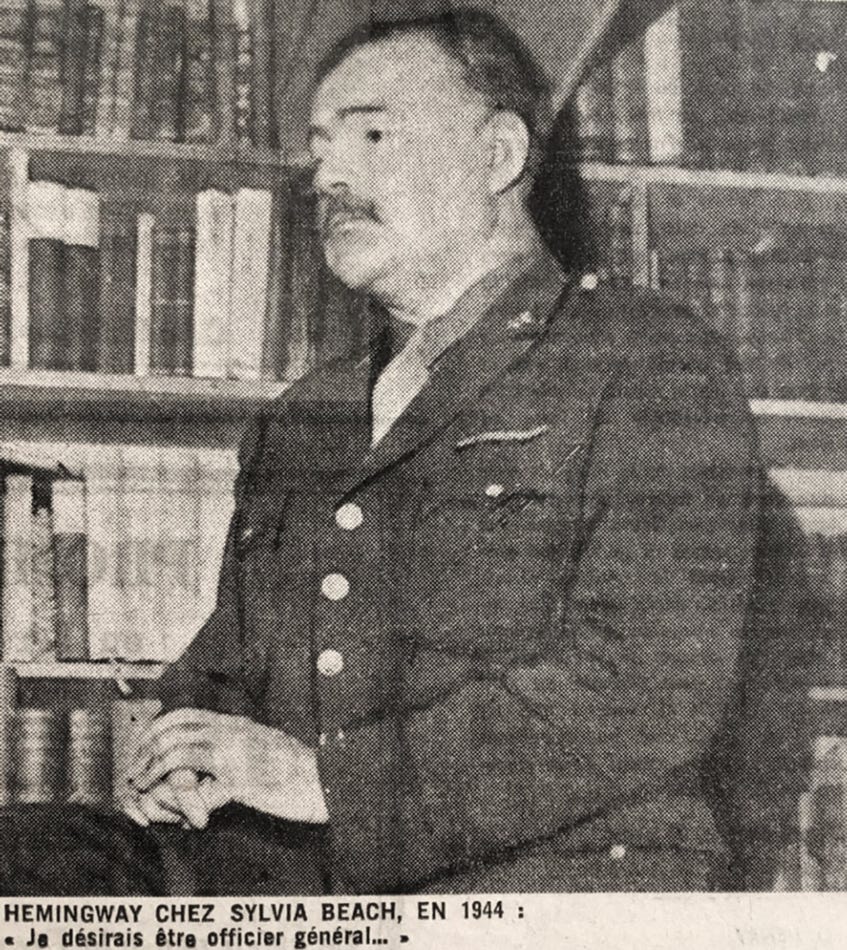

Morley Callaghan Hemingway Driver In Italy
He settled in Paris, rekindling old friendships with fellow American expatriates such as Ezra Pound and Gertrude Stein,(Hemingway 1994, 1) and, as ‘That Summer in Paris’ tells us, Morley Callaghan.Morley Callaghan was apparently concerned late in life that people would remember him for one minor achievement: the little Canadian had knocked down the macho Ernest Hemingway in a boxing match refereed by F. In 1924, he opted to steer away from journalism, devoting himself to writing fiction. In 1918, he volunteered to work as an ambulance driver in Italy during the Great War but was badly wounded, and returned to America in 1919.
I used Manyeyes to discover whether I could find textual examples which support this claim. He had a stern, almost dictatorial nature, a tendency to make people think or do as he wished. While Callaghan looked up to and respected Hemingway greatly, there is a lingering indication that he is not always overly impressed with the way Hemingway conducts himself.“He made me feel that he was willing to be ruthless with himself or with anything or anybody that got in the way of the perfection of his work.” ()This quote displays a Hemingway’s stubborn streak, something which applied not only to his writing, but to everything Hemingway involved himself in. Callaghan gives the impression that the friendship was born out of a mutual respect for one another’s writing, as opposed to, for example, the clicking of their personalities. Four years his junior, Callaghan took a great deal of inspiration from Hemingway, and, like Hemingway, wrote for the Toronto Daily Star before following him to spend time in Paris, like many American writers of the time.Throughout ‘That Summer in Paris’, Callaghan narrates his Parisian experiences, speaking in depth of his relationship with Ernest Hemingway. ( )Hemingway was a friend of Callaghan’s, but also a major influence on Callaghan as a writer, and ultimately on his life as a whole.
Even the phrase, “talked about Mussolini”, ties in with the dictatorial, domineering characteristics.“Hemingway had blown his head off with a shotgun.” ()An overly extreme example, maybe, but you might say it doesn’t come any more stubborn than that.Callaghan, Morley. The phrase, ‘turned against’, shows his stubborn nature perhaps a reaction to Fitzgerald not doing what Hemingway wanted. Words like ‘told’ and ‘persuaded’ highlight the influence he could have over others, whether it be positive or not. These words, I would argue, do help to solidify the idea of Hemingway’s stern nature.



 0 kommentar(er)
0 kommentar(er)
